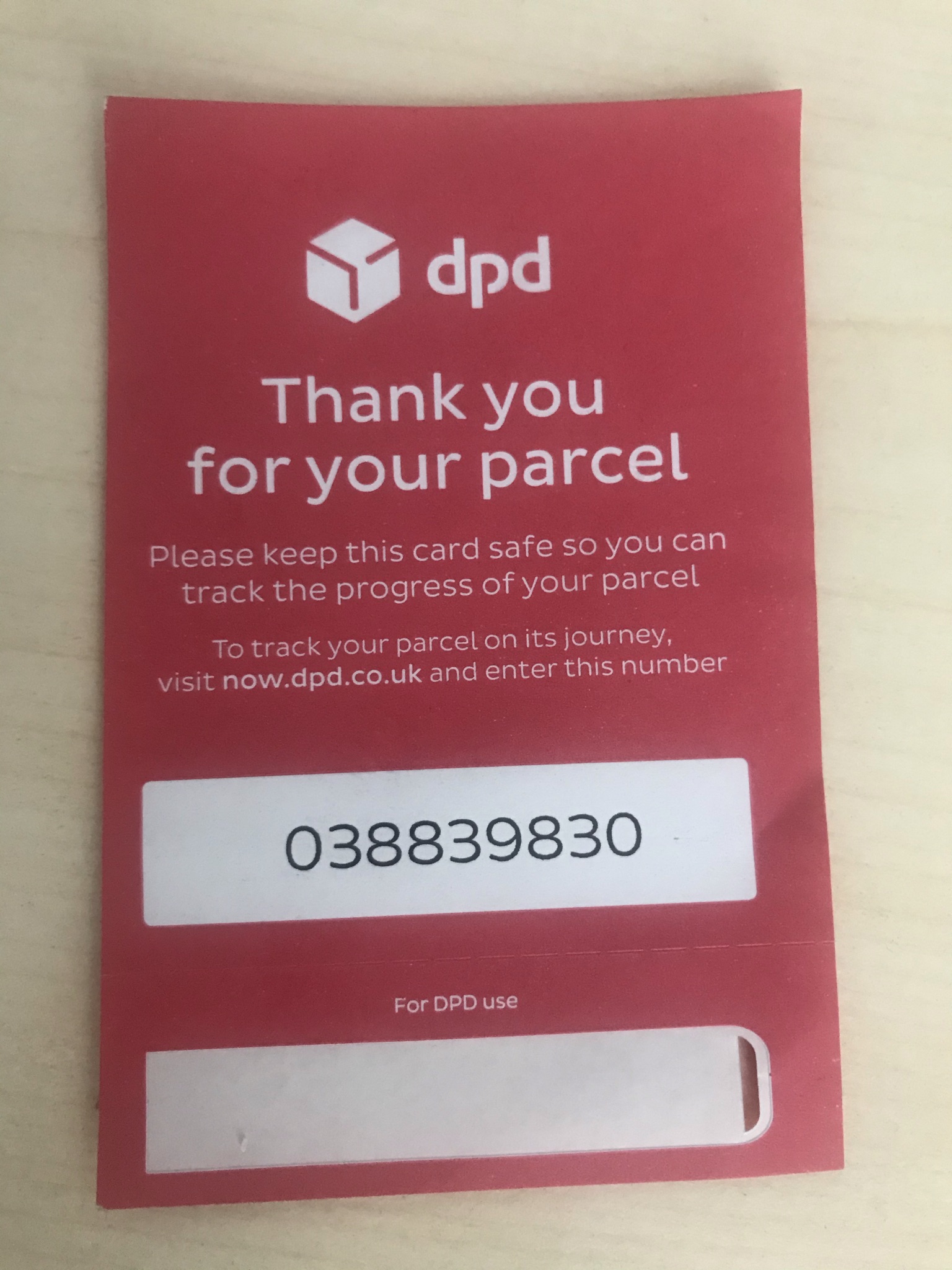The Therapist or the Strategist? Unpacking the Role of the Business Consultant
As a professional consultant for small business owners, I’ve found myself in an unexpected position at times—acting more like a therapist than a strategist. Many entrepreneurs who seek my guidance on Instagram strategy often express a desire for enhanced engagement, a broader reach, and overall growth. While I genuinely enjoy these consultations, and some clients demonstrate a commitment to implementing changes, I frequently encounter a troubling trend: many don’t take action on the advice provided.
During our sessions, we delve deeply into critical aspects of their brand, analyzing elements like brand clarity, messaging, content strategy, bio optimization, and audience connection. These are substantial and impactful strategies designed to drive progress. Yet, post-consultation, it feels as if no changes have been made. It’s almost as if they booked the session just to voice frustrations, leaving me pondering the purpose of our discussion.
I can’t help but wonder: if I were in their position, I would invest wholeheartedly in my business. Understanding my customers and executing effective strategies would be my top priorities, as these are vital factors in achieving financial success.
This leaves me questioning a few things: Why invest in consulting only to disregard the guidance offered? Why stop halfway when there’s an evident opportunity for growth?
Is this a common phenomenon among small business owners, or am I simply encountering a unique set of clients?
It’s a complex issue worthy of exploration. As we move forward in enhancing our businesses, it’s crucial to not just seek knowledge but to embrace the actionable insights that can lead to real, sustainable growth.










One Comment
This is such a thought-provoking reflection on the client-consultant dynamic. It highlights a common challenge in consulting: the gap between insight and action. Often, small business owners may seek advice as a form of validation or comforting reassurance rather than a catalyst for change.
To foster more tangible results, consider integrating accountability measures into your sessions—such as setting specific, measurable goals with clear deadlines, or follow-up check-ins to track progress. Emphasizing the long-term value of implementing strategies and framing your guidance as a partnership for growth can also motivate clients to move beyond just “talk” and into “do.”
Ultimately, it’s about aligning expectations and creating a culture within the consulting relationship where action is seen as integral to success. Your awareness of this dynamic is the first step toward helping clients realize that real transformation requires both insight and committed implementation.